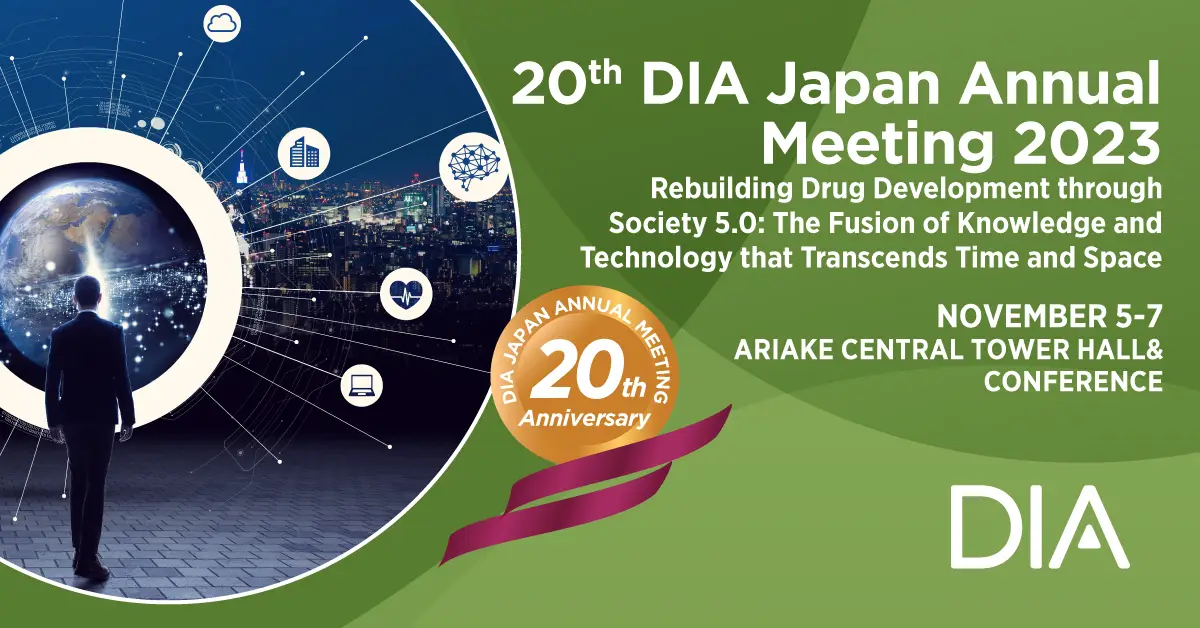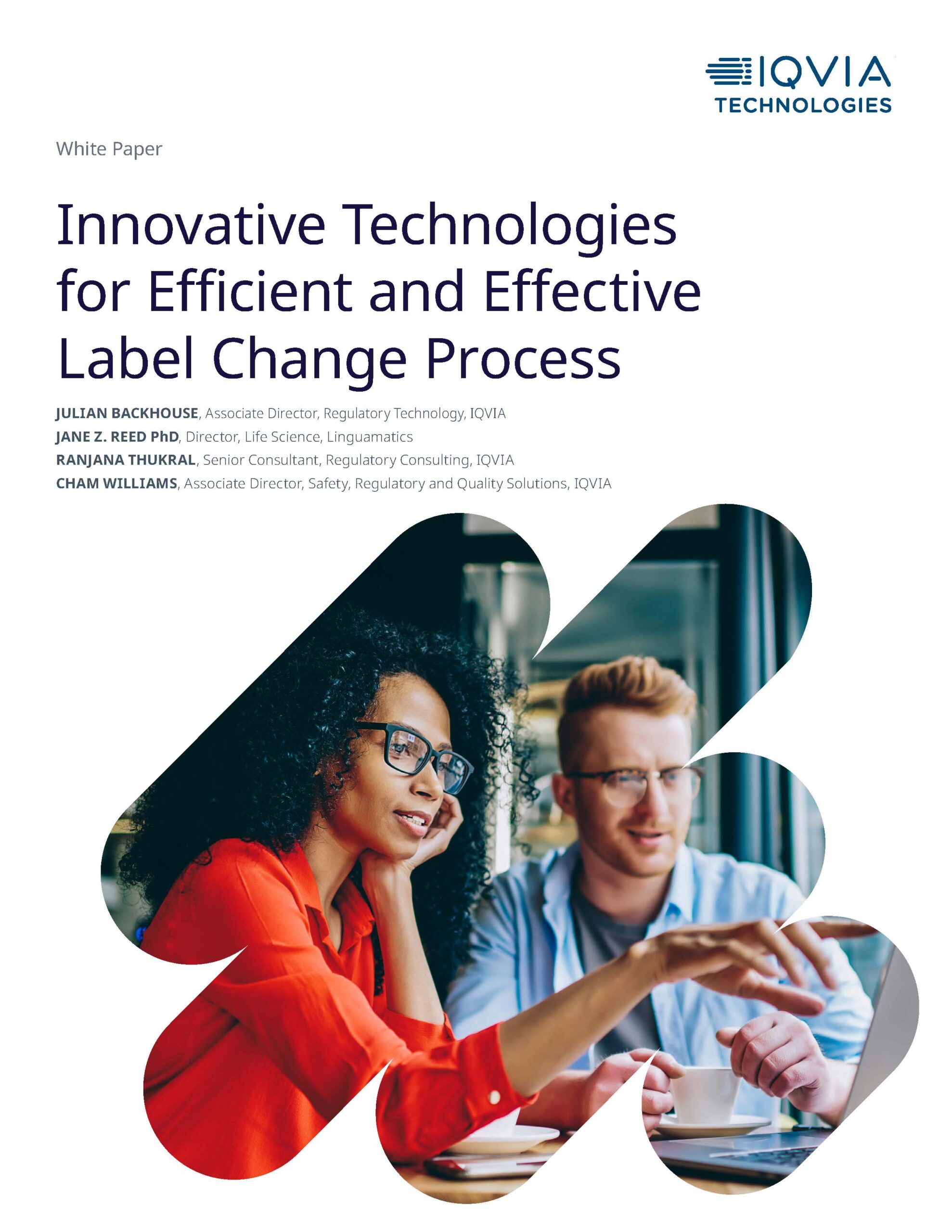Table of Contents
- Feature Articles
- A Pragmatic Perspective on the Hype and Hope of Large Language Models in Life Science
- Language Diversity and Discrimination in Paediatric Clinical Trials: Cross-Border Access Case Study in Europe
- Data Analytics Help Achieve Clinical Trial Diversity
- WE ARE DIA
- New Fellows of DIA Career Circles Mentoring Program
Application Deadline September 15
- SPECIAL SECTION: LATIN AMERICA
- Interview with PAHO Director General Jarbas Barbosa
- Cooperation and Reliance: What’s Next for Latin America?
DIA Europe 2023 Latin America Town Hall
- Fostering Regulatory Convergence: US FDA’s Regulatory Impact and Engagement in Latin America
- How Brazilian Regulator ANVISA is Paving Its Way to Become a Global Reference Agency
DIA Global Annual Meeting 2023 ANVISA Town Hall
- MEETING HIGHLIGHTS: DIA China 2023
- Expanding Patient Engagement and Patient Centricity in Clinical Trials in China
- MEETING HIGHLIGHTS: DIA India 10th Anniversary Pharmacovigilance Conference
- Wider Therapeutic Options Lead to Growing Scope for Pharmacovigilance
- AROUND THE GLOBE
- Tribute to Noël Wathion
- WHITE PAPERS
- IQVIA: Innovative Technologies for Efficient and Effective Label Change Process
- EXECUTIVE LEADERSHIP
- Editorial Board
Subscribe
Love Global Forum’s new online format? Subscribe today and never miss an issue.
Editorial Board
Content stream editors
Gary Kelloff US National Institutes of Health
Ilan Kirsch Adaptive Biotechnologies Corp.
regulatory science
Isaac Rodriguez-Chavez Independent Consultant
Patient engagement
Chi Pakarinen MediPaCe
Natasha Ratcliffe Patient Engagement Specialist
Thomas Smith Independent Patient Consultant
Data and Digital
Lisa Barbadora Barbadora Ink
Young Professionals Editor
Editorial Staff
Sandra Blumenrath, Managing Editor, Scientific Publications DIA Scientific Communications
Chris M. Slawecki, Managing Editor, Global Forum DIA Scientific Communications
Linda Felaco, Copy Editor and Proofreader
Regional Editors
David Mukanga Bill and Melinda Gates Foundation
ASEAN
Jin Shun Sandoz
AUSTRALIA/NEW ZEALAND
Richard Day University of New South Wales, Medicine, St. Vincent’s Hospital
CHINA
Ling Su Shenyang Pharmaceutical University, Lilly Asia Ventures
Europe
Julie O’Brien Pfizer
INDIA
J. Vijay Venkatraman Oviya MedSafe
JAPAN
Ozawa Goshi Real Discovery Outdoors Co,. Ltd.
LATIN AMERICA
Cammilla Gomes Roche
USA
Ebony Dashiell-Aje BioMarin
DIA Membership
Bringing together stakeholders for the betterment of global health care.
Bristol Myers Squibb
arge language models (LLMs) have been used in drug discovery for some time now, but many in the life sciences industry are just becoming aware of Generative AI: a buzzword that has become increasingly pervasive in society. Frequently and inaccurately associated with OpenAI, the company responsible for creating ChatGPT among numerous tools in the expansive AI domain, this technology garners a wide array of responses: lauded as a transformative innovation at one end of the spectrum and decried as a potential societal threat at the other. This article explores the transformative potential of LLMs underpinning Generative AI, their possible impacts on drug development, the regulatory hurdles they face, and the pressing need for a balanced approach to their utilization. There is a serious need for a judicious blend of innovation, regulatory compliance, and education to reap the maximum benefits of these tools while managing potential risks such as a proliferation of racial bias in healthcare, safety concerns that might arise from the use of AI-enabled decision support, or the undermining of public trust in our healthcare institutions if data is improperly consented for use in training data sets.
Sant Joan de Déu Research Institute, Barcelona, Spain
ncreasing racial and ethnic diversity in clinical trials will facilitate the meaningful representation of different patient communities. This will contribute to delivering treatments to the market ensuring security and efficacy for wider patient groups. FDA encourages sponsors to design a Race and Ethnicity Diversity Plan at the stage of the clinical trial protocol conceptualization. This is an important step to connect the eligibility criteria considerations in clinical trials to the real prevalence of a disease.
DIA
s increased diversity of patient populations who participate in clinical trials becomes more entrenched as a modern business, clinical, and regulatory requirement, new trial technologies and tools continue to emerge to help research and researchers meet these obligations. The combined impact of all these forces (see sidebox) is helping to focus research on more specific patient populations and needs. But this impact has built up enormous complexity for clinical trial data management and analysis.
Application Deadline: September 15
IA is excited to announce our new Fellows of DIA Career Circles Mentoring Program as an exclusive new benefit of DIA membership.
This 9-month program is specifically designed to support DIA members who wish to develop their professional and networking skills. Successful applicants will be assigned to small groups of mentees, each group (Career Circle) supported by two DIA Fellows (co-mentors) who can help them along their professional journey. The program is for DIA members who are midlevel career professionals with a minimum of eight years of experience in the life science field. Read the FAQs for more information.
DIA Europe 2023 Latin America Town Hall
The International Federation of Pharmaceutical Manufacturers and Associations (IFPMA)
MSD
US FDA’s Regulatory Impact and Engagement in Latin America
DIA Global Annual Meeting 2023 ANVISA Town Hall
Anhui Jimin Cancer Hospital
Bayer Health Care Ltd.
n recent years, with the Chinese government’s vigorous support and all-round promotion for innovative drugs, more than 3,000 clinical trials with investigational drugs have been conducted annually. In this context, patient engagement has become increasingly important, and how to keep patients informed of progress in drug development and actively participating in clinical trials has become a hot topic in the pharmaceutical industry.
Oviya MedSafe
Oviya MedSafe
s the lack of sufficiently efficacious therapeutic products leaves some medical conditions untreated or undertreated (a problem compounded by the emergence of new disease manifestations), innovative therapeutic options are increasingly considered as alternative or additive therapies. The use of digital therapeutics, biological products, gene therapies, medical devices, cosmetics, and other products opens not only better opportunities for a cure but also opportunities for vigilance platforms and processes to monitor the safety of these products and ensure that patient safety is not compromised.
White Paper
White Paper
Drug labeling has emerged as a vital conduit for relaying essential medication information such as drug names, strengths, indications, contraindications, dosages, and administration instructions to healthcare practitioners and patients. Pharmaceutical companies are exploring innovative technologies to augment (not replace) regulatory professionals for managing and executing label changes. By leveraging the transformative capabilities of artificial intelligence and machine learning, organizations can free up valuable staff time, allowing them to focus on higher-value activities and strategic decision-making.
Around the Globe: Europe

oël Wathion worked at EMA from its beginnings in 1996 until just over two years ago and helped shape the agency we know today. At EMA, he was a leader with a very deep sense of commitment to our mission, our staff, European patients, and the network. He stood for everything that is best about EMA and the European Union and had a profound positive impact on both public and animal health in the EU for more than 25 years.







